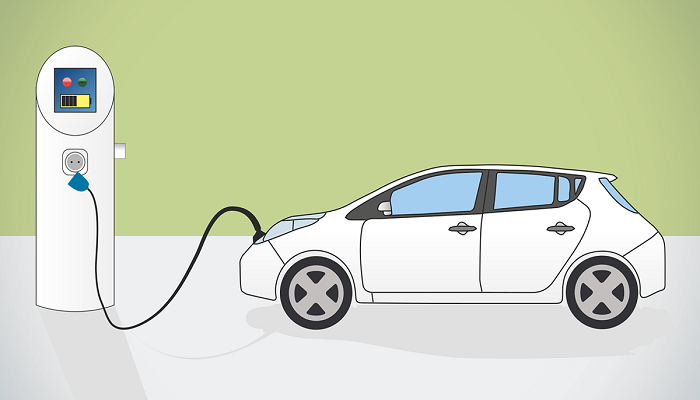Part one of our two-part series on electric vehicles looks at complexities in formulation of guidelines for their registration and operation
Shohel Mamun, Dhaka: Local car manufacturers and importers are eager to begin production and sales of electric vehicles (e-vehicles) in Bangladesh but are being held back by delays in the preparation of e-vehicle guidelines.
The Bangladesh Road Transport Authority (BRTA) submitted a draft of the Electric Motor Vehicle Registration and Movement Guideline to the Road Transport and Highways Division (RTHD) in November 2018, but the draft has still not been finalized.
When asked about the delay, RTHD Additional Secretary Md Yousub Ali Mollah blamed the Covid-19 pandemic and unspecified other reasons.
“We will be able to finalize the draft immediately after an inter-ministerial meeting and a meeting with stakeholders. The meetings are scheduled for July,” he said.
The additional secretary further said the guideline approval process should not take very long as the government wishes to promote e-vehicle production and the draft does not include any sensitive clauses.
Contents of the guidelines
The guidelines for e-vehicles are being formulated as per Clause 124 of the Road Transport Act 2018. The draft guidelines emphasize ensuring safety standards, fees and an adequate economic lifetime for electric vehicles.
However, differences in the operating mechanisms of e-vehicles have raised certain complexities. For example, BRTA fixes the registration and other fees of the conventional cars on the basis of engine power, which is measured in CC (cubic centimetres), while the output of electric vehicles is measured in kilowatts or horsepower.
As a result, the BRTA is asking for a certificate that converts the power from kilowatts to CC for e-vehicle registration, said Sk Md Mahbub-E-Rabbani, director of BRTA.
E-vehicle importers and manufacturers said a requirement to obtain a certificate from a third party was an unnecessary hassle, and it would make more sense to certify e-vehicles based on their horsepower.
In addition, the draft guidelines say the chassis of a vehicle must be engraved with certain details, such as its international vehicle identification number.
Furthermore, it says that the speed of electric vehicles in loaded conditions must be set to levels similar to conventional vehicles as per law.
“Although the guidelines are not a gazette yet, we have started registration of e-vehicles in line with conventional rules. There are no worries regarding registration for businessmen or importers,” said Rabbani.
According to the draft guidelines, electric vehicles are run by electric motors powered by rechargeable batteries. The lifespan of e-vehicles like motorbikes is 12 years, three-wheelers is 10 years, and 20 years for buses, trucks, cars, and pickups.
Battery-run rickshaws and bicycles do not fall in this bracket.
Arguments of businessmen
Abdul Matlub Ahmad, chairman of Nitol-Niloy Group and former president of the Federation of Bangladesh Chambers of Commerce and Industry, said Bangladesh has the potential to successfully manufacture e-vehicles but businesses are being stopped in their tracks by the lack of guidelines.
He also urged the government to consider the increased cost of e-vehicles.
“The price of an electric vehicle (car/microbus) is almost double that of a conventional vehicle. If the government imposes the same registration fees, customers will never be interested in buying an e-vehicle,” he said, urging a reduction of fees and taxes.
He also stressed that e-vehicles are more environmentally friendly.
“Manufacturers will not be very interested in setting up a factory if material and equipment import duties remain the same. India has already reduced registration fees by 50%, and has reduced import duties as well,” he added.
Local automobile companies such as Bangladesh Auto Industries Ltd and Nitol Motors, a concern of Nitol-Niloy Group, have been working since 2019 to set up electric vehicle plants in the country.
The Confidence Group is mulling the installation of a retrofitting plant in the country so people can convert their cars to e-vehicles.
“The guidelines should include a clause on retrofitting of vehicles as people can convert their conventional cars into electric vehicles,” said Karar Kabir Rabib, Head of Sales and Marketing, Confidence Batteries Ltd.

